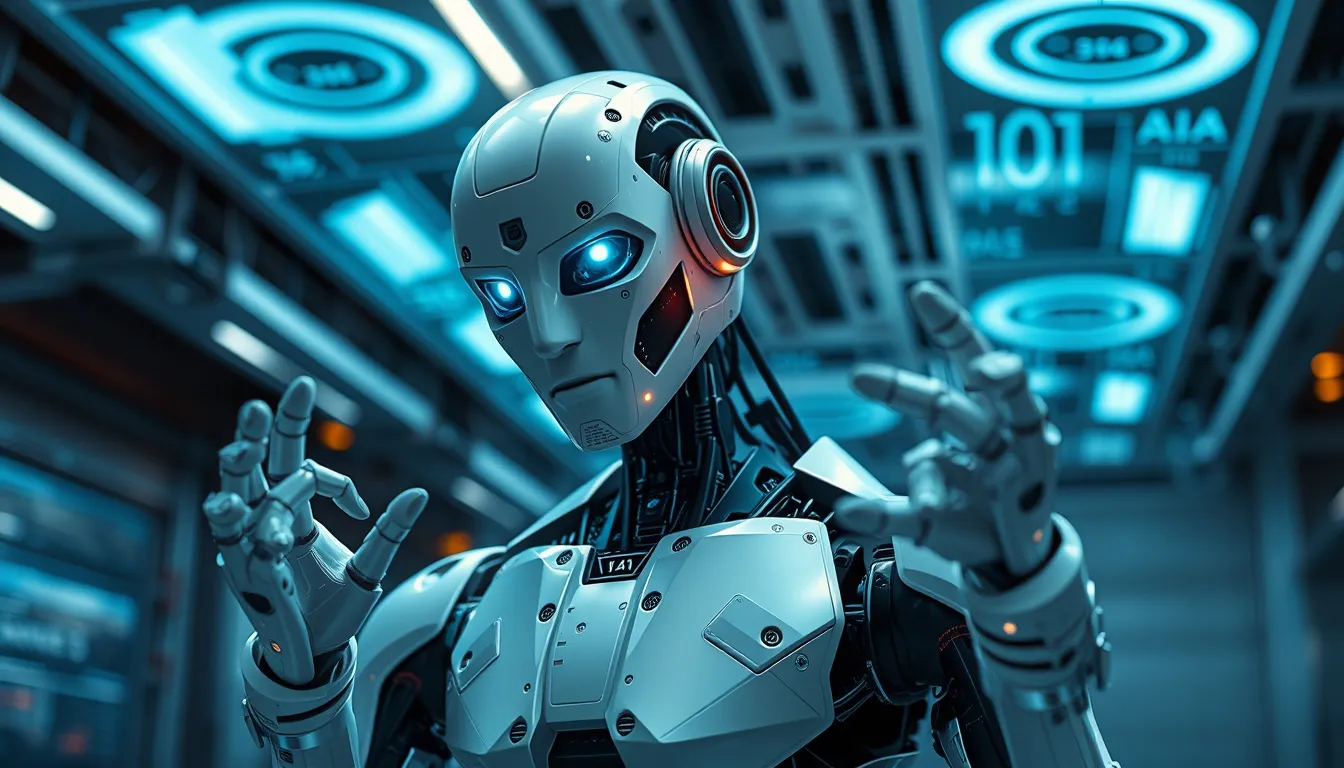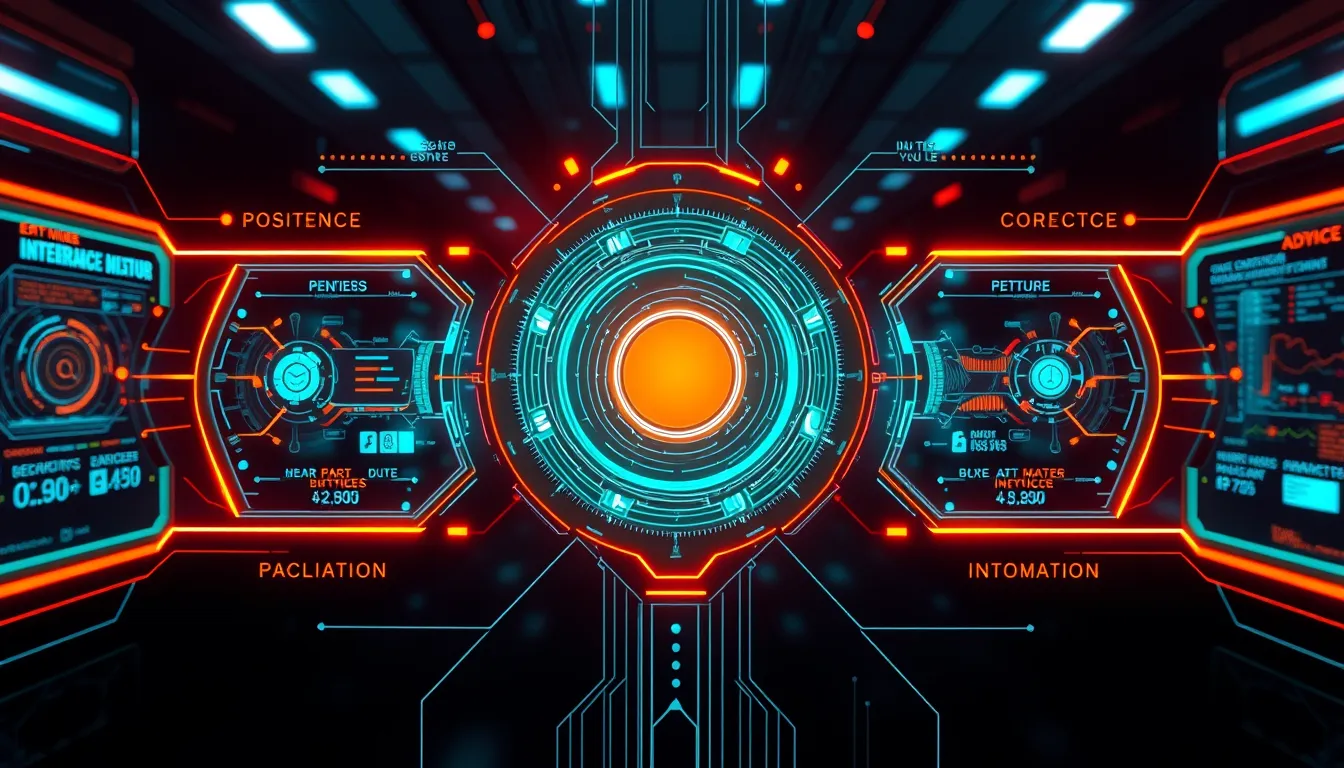Now Reading: Powerful AI in Healthcare Diagnostics: Boosting Patient Care
-
01
Powerful AI in Healthcare Diagnostics: Boosting Patient Care
Powerful AI in Healthcare Diagnostics: Boosting Patient Care

Powerful AI in Healthcare Diagnostics: Boosting Patient Care
In today’s rapidly evolving medical field, technology plays a critical role in transforming patient care. One of the most significant advancements is the implementation of AI in healthcare diagnostics. This revolutionary approach harnesses the power of artificial intelligence to improve diagnostic accuracy, optimize treatment plans, and ultimately enhance patient outcomes.
Understanding AI in Healthcare Diagnostics
AI in healthcare diagnostics refers to the use of advanced algorithms and machine learning techniques to analyze complex medical data. By processing images, test results, and patient histories, AI technologies can detect patterns that are often difficult for human experts to see. This breakthrough has led to earlier detection of diseases and more personalized treatment plans.
AI in healthcare diagnostics is making waves in areas such as medical imaging and disease prediction. For example, AI-driven systems are now being used to scrutinize X-rays, MRIs, and CT scans with impressive precision. The integration of these tools not only speeds up the diagnostic process but also reduces the likelihood of human error.
Key Benefits of AI in Healthcare Diagnostics
- Enhanced Diagnostic Accuracy: AI algorithms can sift through vast amounts of medical data, helping doctors make more accurate diagnoses. The focus keyphrase, AI in healthcare diagnostics, is central to these advancements.
- Faster Analysis: In critical care situations, every minute counts. AI can quickly analyze data, providing rapid insights that are crucial for immediate decision-making.
- Personalized Treatment: By understanding patient-specific data, AI systems can recommend treatment plans tailored to each individual’s needs.
- Cost Efficiency: Automating aspects of the diagnostic process can reduce operational costs and allow resources to be allocated more effectively.
How AI Improves Diagnostic Accuracy
The incorporation of AI in healthcare diagnostics has significantly enhanced the precision of medical imaging. Advanced computational models can assess minute differences in radiographic images, leading to the early detection of conditions such as cancer and cardiovascular diseases. Additionally, AI-powered disease prediction tools analyze historical data to identify potential health risks before symptoms even manifest.
One of the most impressive applications of AI in healthcare diagnostics is its integration with telemedicine platforms. Patients in remote areas, who might not have immediate access to specialized care, can benefit from AI-enhanced medical evaluations, ensuring timely and accurate diagnoses even in underserved communities.
Overcoming Challenges in AI Integration
- Data Privacy and Security: Handling sensitive patient information requires stringent safeguards. Healthcare providers must ensure that data is secured and compliant with industry regulations.
- Training and Expertise: Medical professionals need appropriate training to interpret and utilize AI outputs effectively. Collaboration between technologists and healthcare providers is essential for maximizing benefits.
- Implementation Costs: High initial investments can be a barrier, though long-term savings and improved patient outcomes often justify these expenses.
The Future of AI in Healthcare Diagnostics
As technology evolves, the role of AI in healthcare diagnostics is set to expand further. Researchers are continually developing algorithms that can detect an even wider range of diseases with increasing reliability. Future advancements may include the development of wearable devices that use AI to continuously monitor health metrics, alerting both patients and healthcare providers before potential issues escalate.
Moreover, partnerships with technology leaders such as Google and OpenAI are facilitating a cross-pollination of expertise. These collaborations help refine AI models, ensuring they remain both innovative and patient-centric.
Practical Steps for Healthcare Providers
- Invest in Technology: Consider advanced diagnostic tools and comprehensive training programs for staff.
- Ensure Regulatory Compliance: Stay updated with data privacy regulations and invest in robust cybersecurity measures.
- Collaborate with Tech Experts: Build partnerships with reputable companies leading advancements in AI research.
- Monitor and Adapt: Regularly review AI system performance and update protocols as needed.
Conclusion
The transformative power of AI in healthcare diagnostics is undeniable. By improving diagnostic speed and accuracy, AI not only augments the capabilities of healthcare professionals but also paves the way for more personalized patient care. As the technology continues to mature and integrate into everyday medical practice, we can expect a significant positive impact on overall healthcare delivery.
By leveraging AI in healthcare diagnostics, the medical industry stands on the cusp of a new era—a future where technology and human touch work in perfect harmony to deliver unparalleled healthcare services. In summary, the focus keyphrase, AI in healthcare diagnostics, encapsulates a movement that is revolutionizing traditional diagnostic practices and securing a healthier future for all.

























